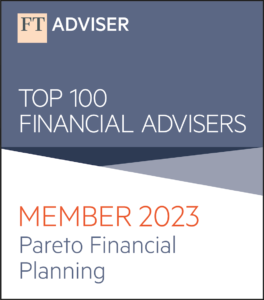We hope you all had a nice long Easter weekend. It continues to be an eventful period in companies, markets and governments. Below is a quick guide on what’s been happening across the globe.
The big news recently is being driven from the US as President Donald Trump announced that swaths of the US could lift coronavirus shutdowns “very soon” and made peace with state governors after being accused of acting like a king. The president indicated that numerous states with less dense populations could open “very, very soon, sooner than the end of the month,” while places like New York could take longer. While defusing an extraordinary domestic row, Trump however opened a new front on the international stage when he announced a freeze in US funding to the World Health Organization (WHO) because he said it had been biased toward China. According to Trump, the WHO prevented transparency over the Covid-19 outbreak when it appeared in China, costing other countries crucial time to prepare, and delaying decisions to stop international travel. Sticking in the US, but moving to the Federal Reserve, last week the US central bank unveiled its latest stimulus plans with a substantial $2.3trn package to support the economy and financial markets. The central bank has started buying new assets including corporates that were recently investment grade but have now been downgraded to high-yield and also US high-yield exchange-traded funds (ETFs).
Meanwhile, China’s economy contracted for the first time in around three decades in the first quarter of 2020 as the coronavirus outbreak brought the country to a standstill, according to an AFP poll of economists. The world’s second-largest economy was under pressure in the first three months of the year as factories closed, consumers were compelled to stay home and the virus spread to other countries.
As well as the ongoing Coronavirus issues, the global oil market has seen significant volatility this year, with the oil price falling by 50%, following on from tensions between Russia and Saudi Arabia and the subsequent increase in supply – at a time when global demand has been falling. On Easter Sunday the OPEC+ countries (Organisation of the Petroleum Exporting Countries (OPEC) and other producers including Russia) agreed to restrict their oil supply by up to 10 million barrels per day. The oil price had recovered from lows at the end of March but the news didn’t lead to surge in the price in the short term, as the current school of thought is that this cut in supply doesn’t offset the impact on global demand following on from the Coronavirus impact on the global economy.
The above news has led to stock markets continuing to bounce back in recent weeks, following the significant correction from mid-February to mid-March. The US appears to be continuing its trend as one of the better performing markets which is partly driven by the exposure of the market to Technology – which continues to support the “new way of living” that we are all becoming accustomed to in the short term.
Alex Brandreth, Chief Investment Officer

